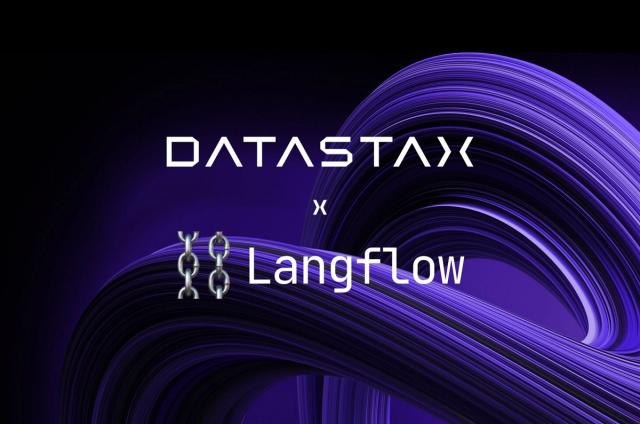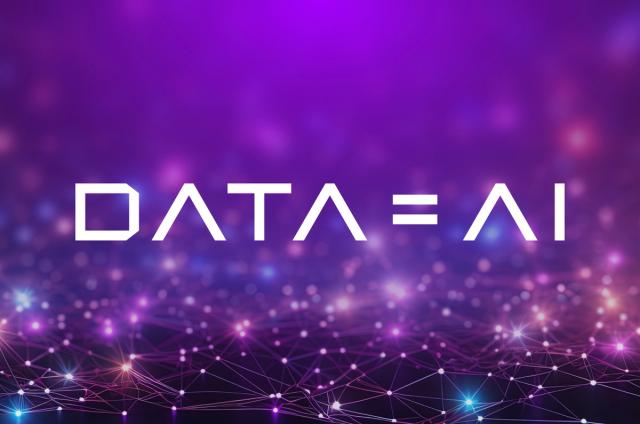AI and Data Management: The 4 Facts You Should Know

Thanks to advances in computational power, reductions in computing costs and the rise of big data, artificial intelligence (AI) is playing an increasingly critical role in the success of the modern organization. More and more tasks that were previously handled by data management professionals are being tackled by intelligent machines today.
In 2017, however, only 15% of organizations used artificial intelligence to power their operations. That number is expected to more than double to 31% this year, and we can reasonably assume adoption will only accelerate even more as we move further into the future.
What can organizations that implement AI solutions expect the technology’s impact to be on data management? Here are four changes we can expect to see over the next few years.
1) Organizational problem-solving abilities will accelerate tremendously
There are only so many hours in the day.
In the past, data management professionals were forced to process information and analyze relationships manually. These tasks could take up the bulk of the day.
With AI, technology takes care of those computations instantly. Not only does this enable organizations to solve problems much faster, it also frees data management employees to focus on other critically important tasks.
2) Real-time streaming analytics will become increasingly common
It’s one thing to process data and thoroughly understand what happened last week—or even what happened yesterday. It’s quite another to analyze data in real time to learn what’s happening right now.
As AI becomes further integrated into the enterprise, leading organizations will run real–time streaming analytics to get up-to-the-second information. Doing this successfully starts with having a powerful database that’s able to process large swaths of disparate data sets quickly.
3) DevOps workflows will take over application development
AI and machine learning tools learn and therefore evolve as time goes on. As they get smarter, their recommendations and suggestions become increasingly refined.
To this end, organizations will increasingly implement AI–based DevOps workflows for application development. That way, engineers can continuously integrate and deliver software updates that leverage the AI’s knowledge and learning.
4) AI will transform every industry
Over time, as AI evolves and organizations have established workflows that enable them to maximize the value of the technology, industries will change drastically.
For example, in the healthcare industry, medical firms will leverage AI to deliver better, more cost-effective care to their patients. One healthcare CEO believes that AI-powered remote patient monitoring tools will lead to an explosion of effective telemedicine treatments. He envisions a future in which AI provides feedback to doctors who in turn provide feedback back to the AI, helping it learn.
The true impact that AI will have on the modern organization remains to be seen. But one’s thing for certain: AI—coupled with accurate data and the right tools to process it—will lead to new ideas, new products, and better applications.




